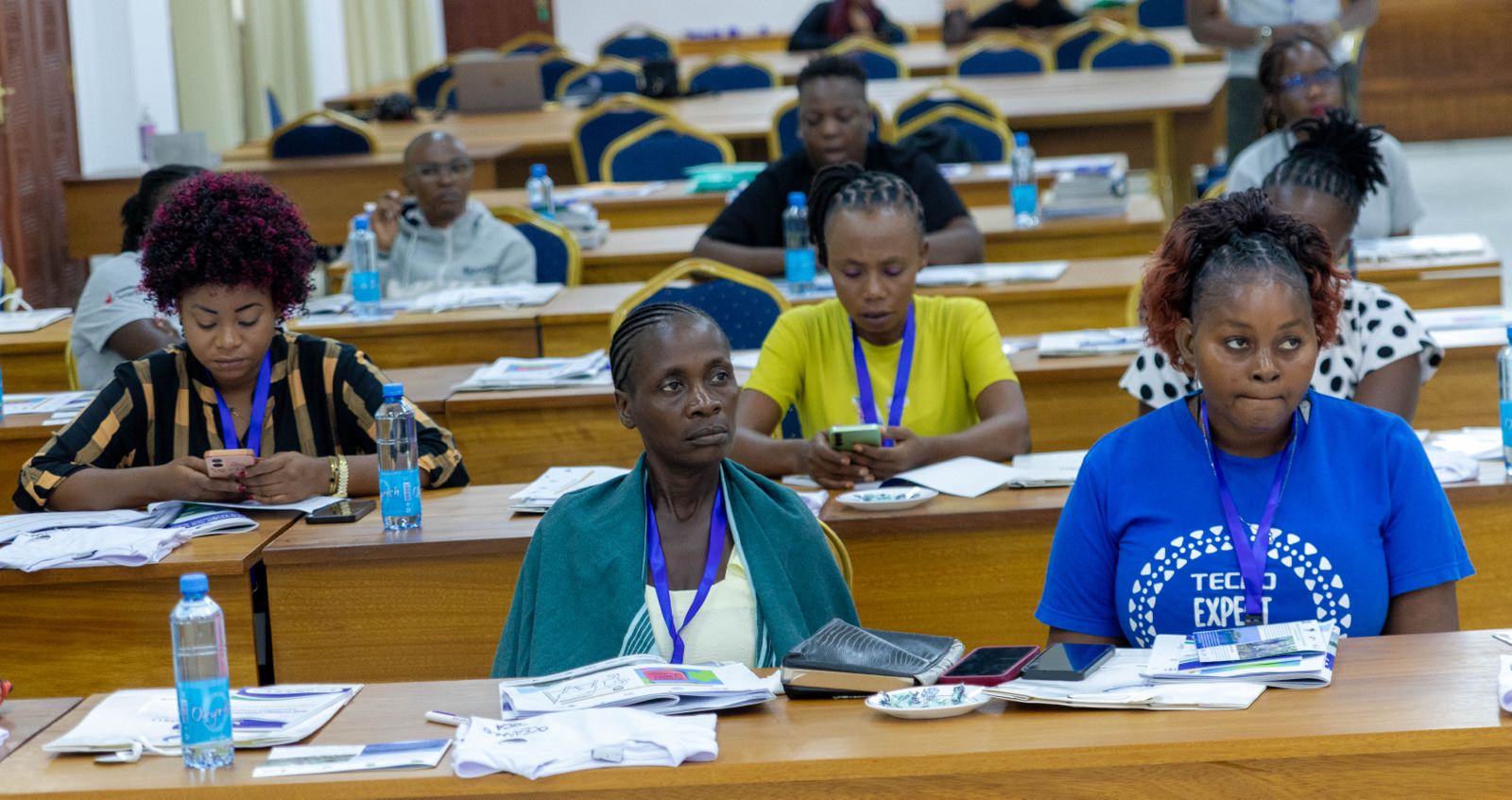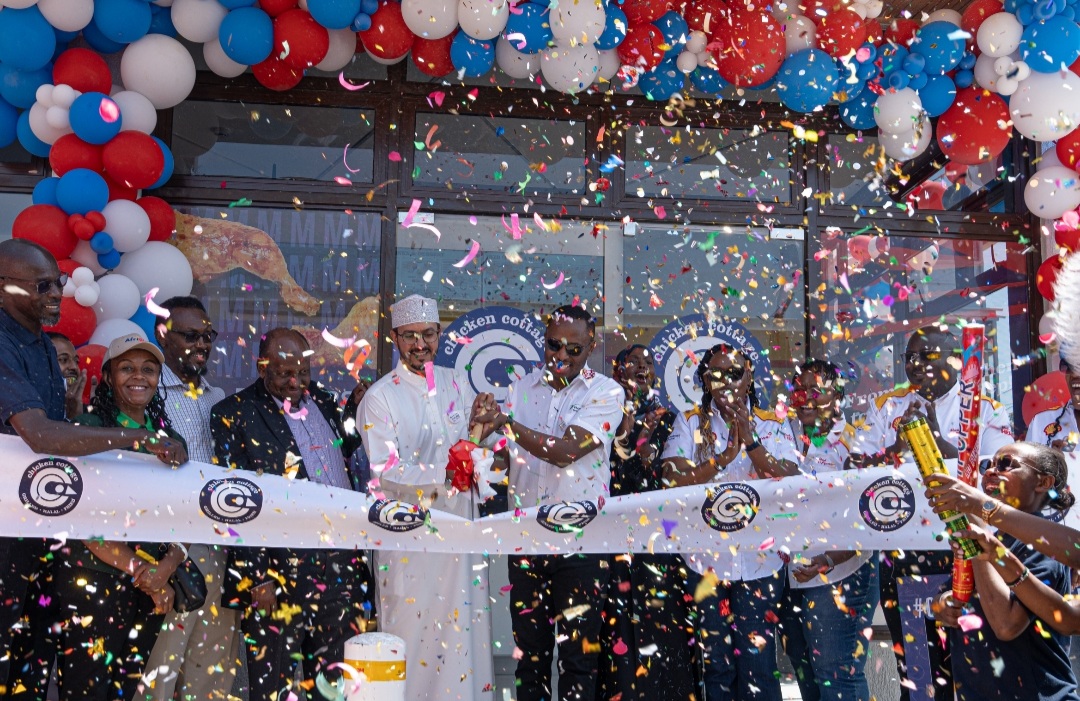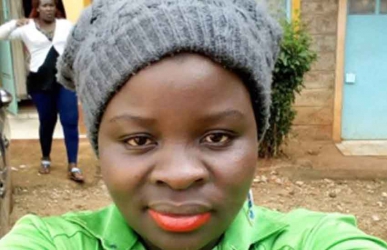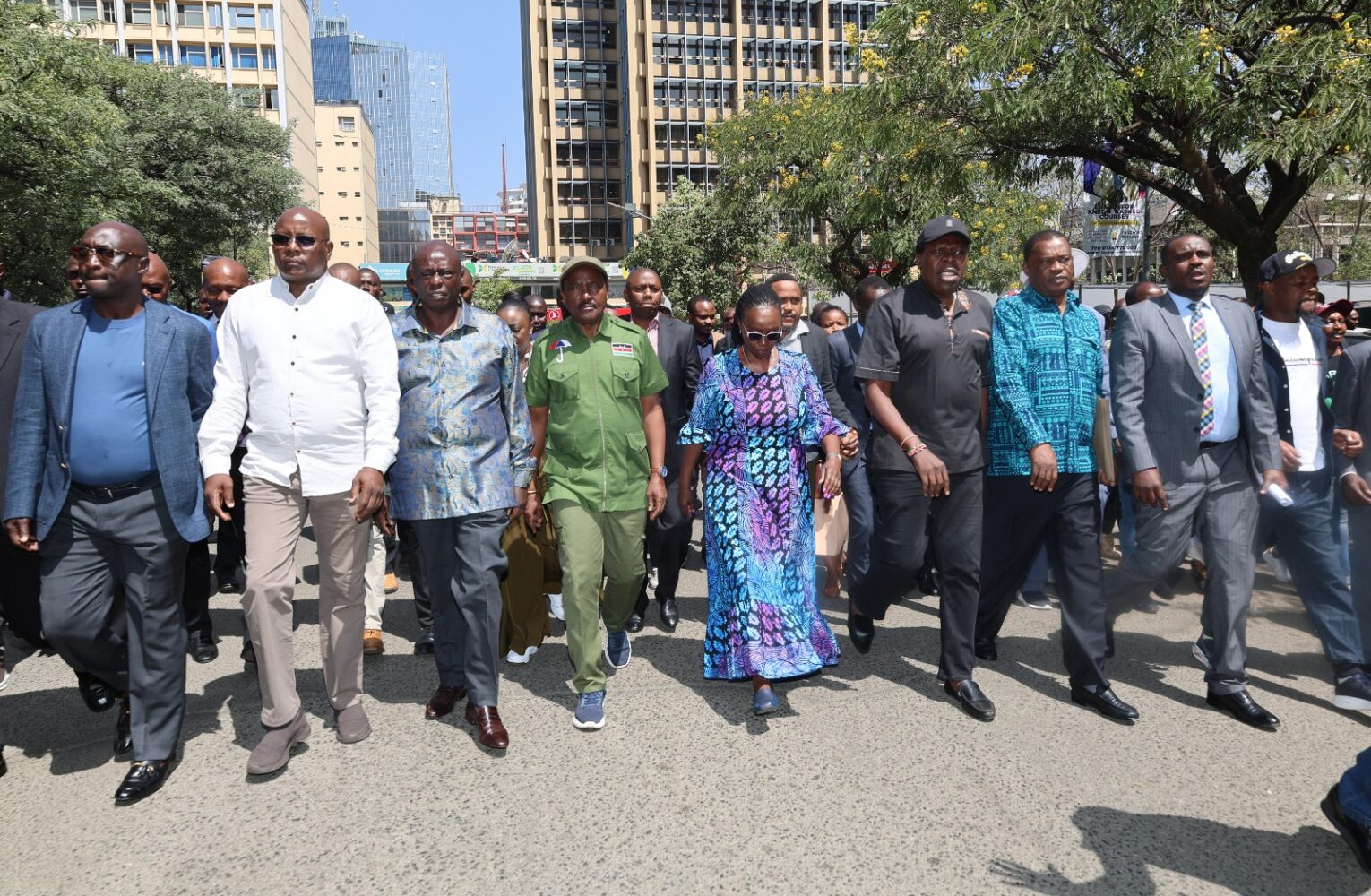For a long time, women along Kenya’s coast have played a vital but often overlooked role in marine conservation and the blue economy. Religious and cultural barriers coupled with male dominance and lack of financial support have historically limited their participation in ocean-based opportunities.
Speaking during a five-day training workshop for 16 women from eight Blue Economy groups, organized by the ReSea Project, chairlady of the Malindi Ladies in Fisheries Group Manthura Yusuf said that the tides are changing.
She recounted how, in the past, women were prohibited from accessing the ocean due to deep-rooted taboos and cultural beliefs that labeled it a curse for women to fish or earn a living from the sea.
“Things are changing, thanks to the interventions of non-governmental organizations,” she said. “Today, women are empowered, and everyone has the right to access ocean resources.”
Yusuf emphasized that integrating gender perspectives into conservation efforts leads to more equitable and effective outcomes.
“Men and women have different roles, needs, and experiences related to the environment. Addressing gender inequality improves resource management, enhances community well-being, and promotes sustainability,” she added.
Notably, more women are now being elected to lead Beach Management Units (BMUs)—a major step toward gender-responsive conservation.
Perpetua Angima, Mission inclusion’s ReSea Project Chief of Party said the initiative began in 2023 with support from Global Affairs Canada.
Covering Kenya, Tanzania, Mozambique, Comoros, and Madagascar, the project works with women to strengthen their physical and socio-economic resilience through gender-based solutions and responsive conservation practices to protect, restore, and sustainably manage marine and coastal ecosystems.
“We train women to find their voice in leadership and equip them with materials and skills to improve their business management. Our goal is to ensure their full inclusion in society and support the thriving of seascapes,” she said.
These sentiments were echoed by Noor Jehan Dorcat, a community development specialist, who highlighted the use of locally available tools to empower women in regenerative economies tools that are helping them cope with environmental and livelihood challenges.
Zamzam Ali, Chief Officer Kilifi County government, reiterated the county government’s commitment to supporting these groups by helping them form cooperatives and offering incentives to kick-start their businesses.












